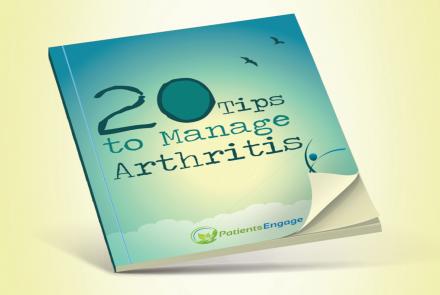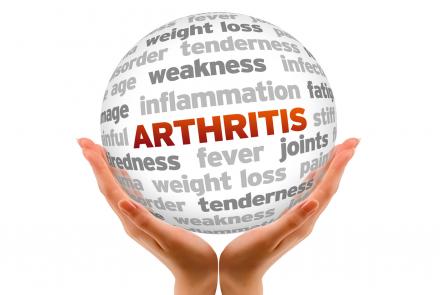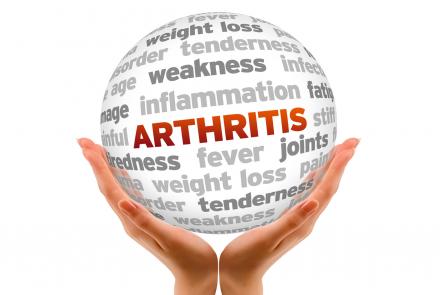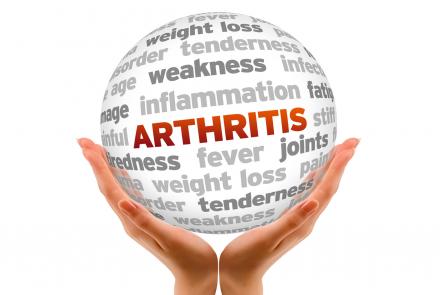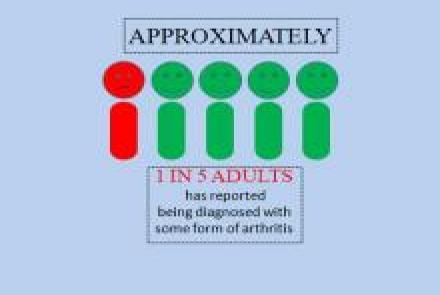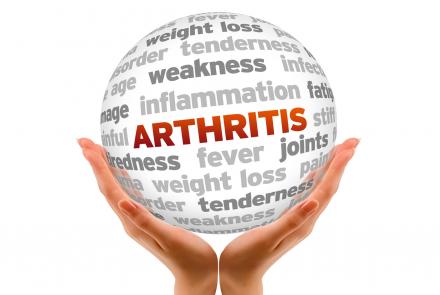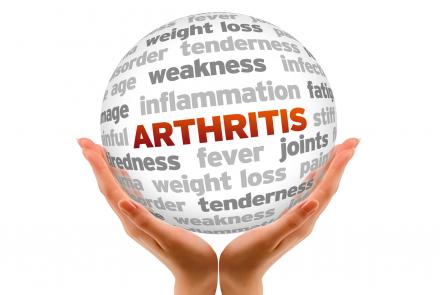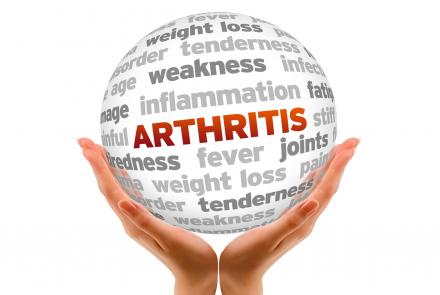Treatment Options for Migraine
Acute medicines: taken at the time of an attack
Analgesics like paracetamol for pain
Non-steroidal anti-inflammatory drugs (NSAIDs) like ibuprofen
Anti-emetics to prevent nausea and vomiting
Triptans to treat an acute attack
Ditans like lasmiditan
Dihydroergotamine like prochlorperazine
Gepants – Ubrogepant, Atogepant and Rimegepant, these don’t cause rebound or medication overuse headache like some other drugs.
Combination of these acute medicines for…

Are you confused as to when to use Ice Pack and when to use Heat to deal with pain, injury and inflammation? This infographic below sums it up quite simply.
According to Dr. Bhuvaneswari, a quick guideline to follow is:
Ice pack is preferred if it is a recent and acute pain episode especially injury which may be a blood clot, muscle tear or tendon tear. For instance most sport and exercse injuries.
Heat or warmth for Chronic pain with stiffness, especially joint related pain as in Arthritis.
And watch out for Paraffin wax treatments. They can cause burns as well.

For the options of heat and ice packs and other tips, refer to the full article at https://health.clevelandclinic.org/2014/08/should-you-use-ice-or-heat-for-pain-infographic/amp/
Changed
02/Nov/2017



